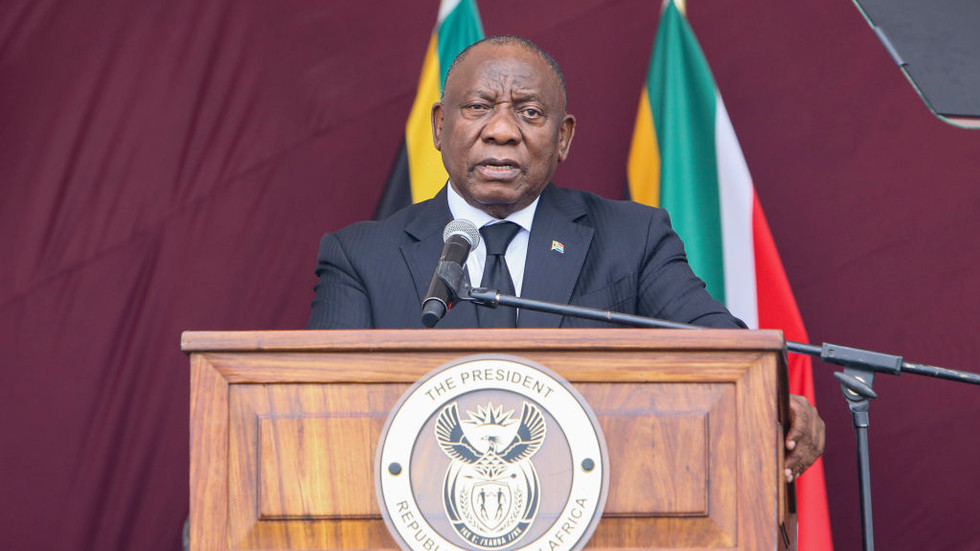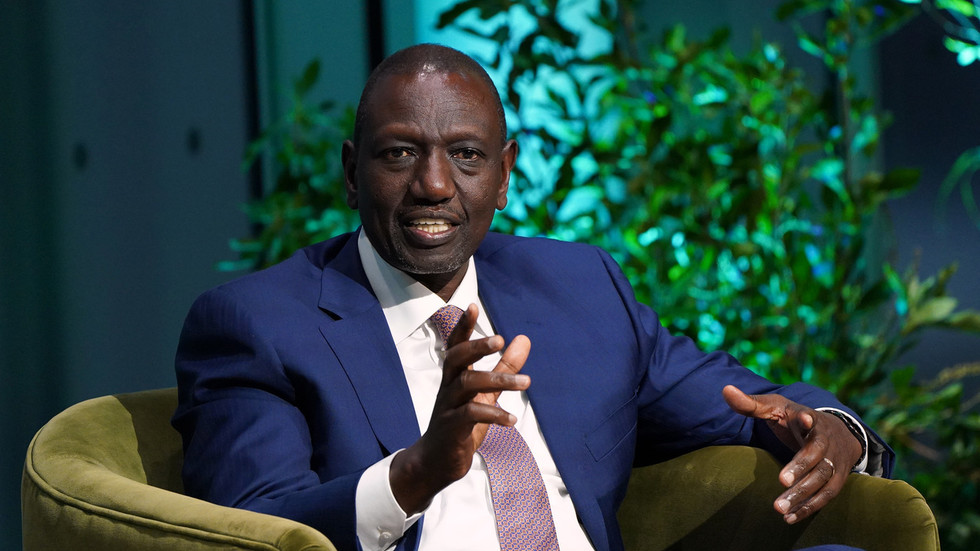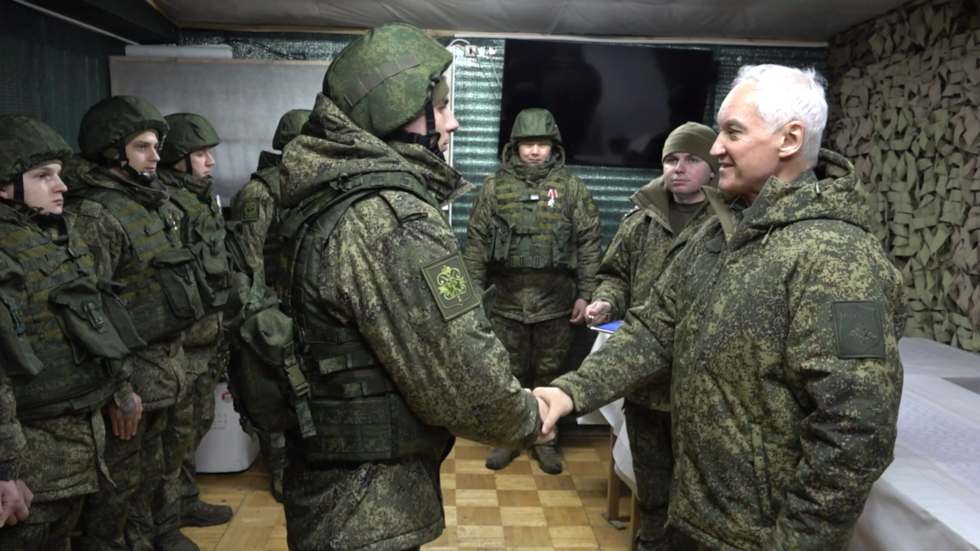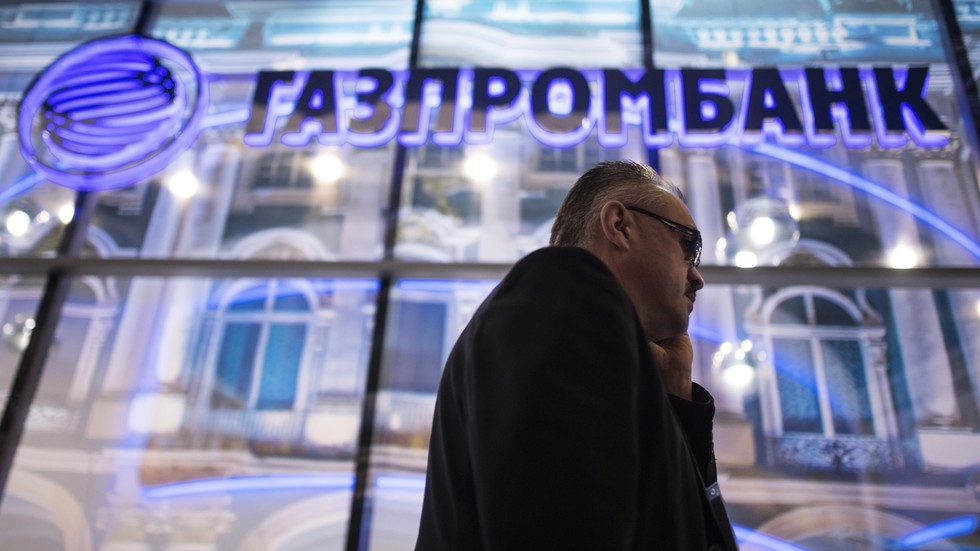Support truly
independent journalism
Our mission is to deliver unbiased, fact-based reporting that holds power to account and exposes the truth.
Whether $5 or $50, every contribution counts.
Support us to deliver journalism without an agenda.

Ukraine urged Mongolia to arrest Russian president Vladimir Putin for alleged war crimes when he visited the country on 3 September.
The International Criminal Court (ICC) issued an arrest warrant in March last year accusing Mr Putin of the war crime of unlawfully deporting hundreds of children from Ukraine to Russia during its invasion of Ukraine. The Kremlin responded saying it was “not worried”.
“The Ukrainian side hopes that the government of Mongolia is aware of the fact that Vladimir Putin is a war criminal,” the Ukrainian foreign ministry said on Telegram.
“We call on the Mongolian authorities to comply with the mandatory international arrest warrant and transfer Putin to the International Criminal Court in the Hague.”
The ICC confirmed to the BBC that Mongolian officials “have the obligation to cooperate in accordance with the Chapter IX of the Rome Statute” to arrest Mr Putin, but it did not necessarily mean an arrest had to take place.
All 124 member states of the ICC, including Mongolia, are obliged to arrest Mr Putin and transfer him to The Hague for trial if he sets foot on their territory.
Russia dismissed the accusations and Kremlin spokesperson Dmitry Peskov at the time said Russia does not recognise the ICC and considers its decisions “legally void”.
Mr Peskov responded to Ukraine’s request, saying: “No, no worries about this. We have a great dialogue with our friends from Mongolia.”
Asked to clarify if the ICC warrant was discussed, he said: “Obviously the visit, all of the aspects of the visit have been thoroughly discussed.”
Human rights groups have estimated that more than 19,000 children were deported and placed with Russian families.
Last year, Mr Putin cancelled a visit to a two-day summit to South Africa, an ICC member, allowing the hosts to avoid a decision whether or not to arrest the Russian leader.
Court documents at the time showed South Africa’s president Cyril Ramaphosa had sought permission from the ICC not to follow through with the arrest, saying it would amount to a “declaration of war”.
“South Africa has obvious problems with executing a request to arrest and surrender President Putin,” he said in an affidavit. “Russia has made it clear that arresting its sitting president would be a declaration of war. It would be inconsistent with our constitution to risk engaging in war with Russia.”

 2 months ago
12
2 months ago
12








